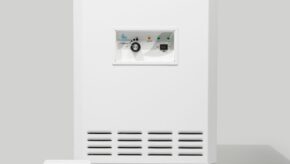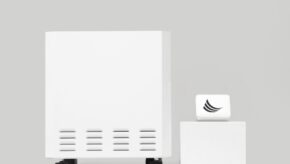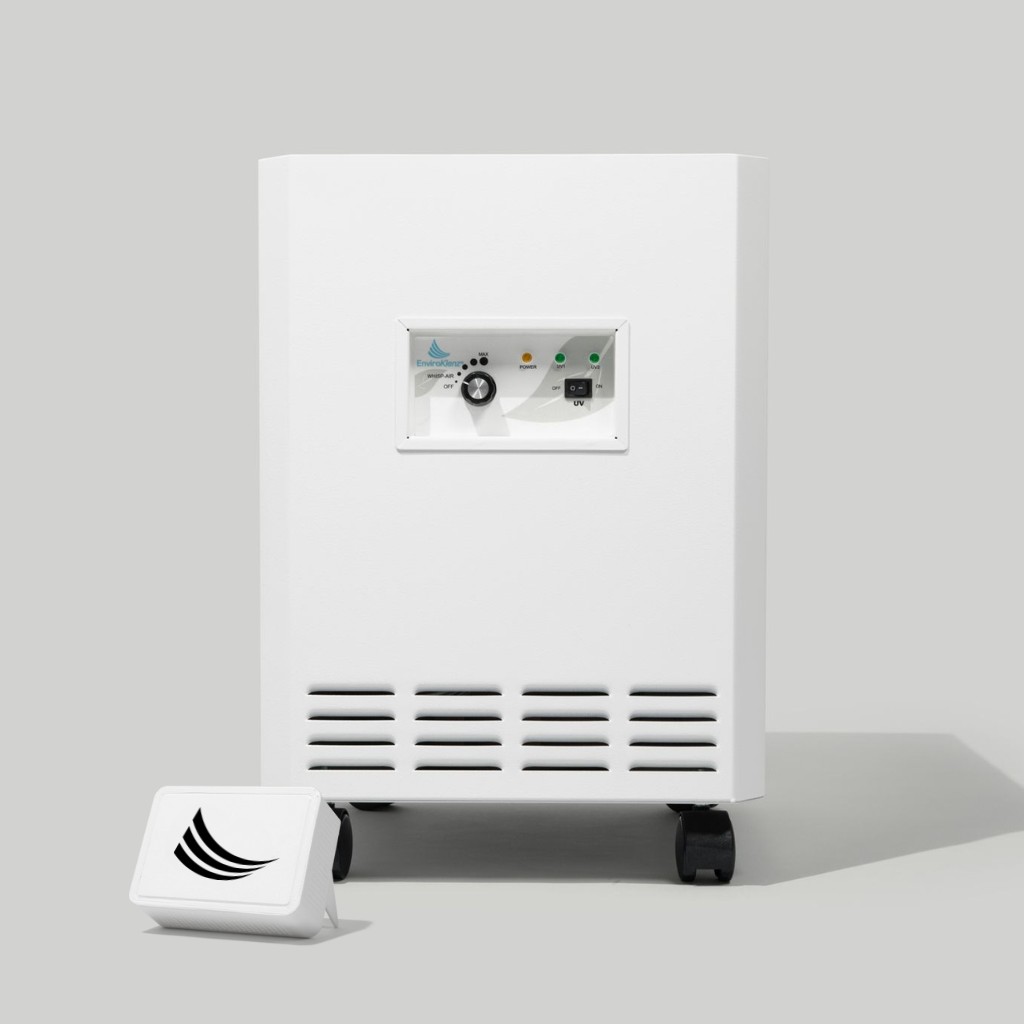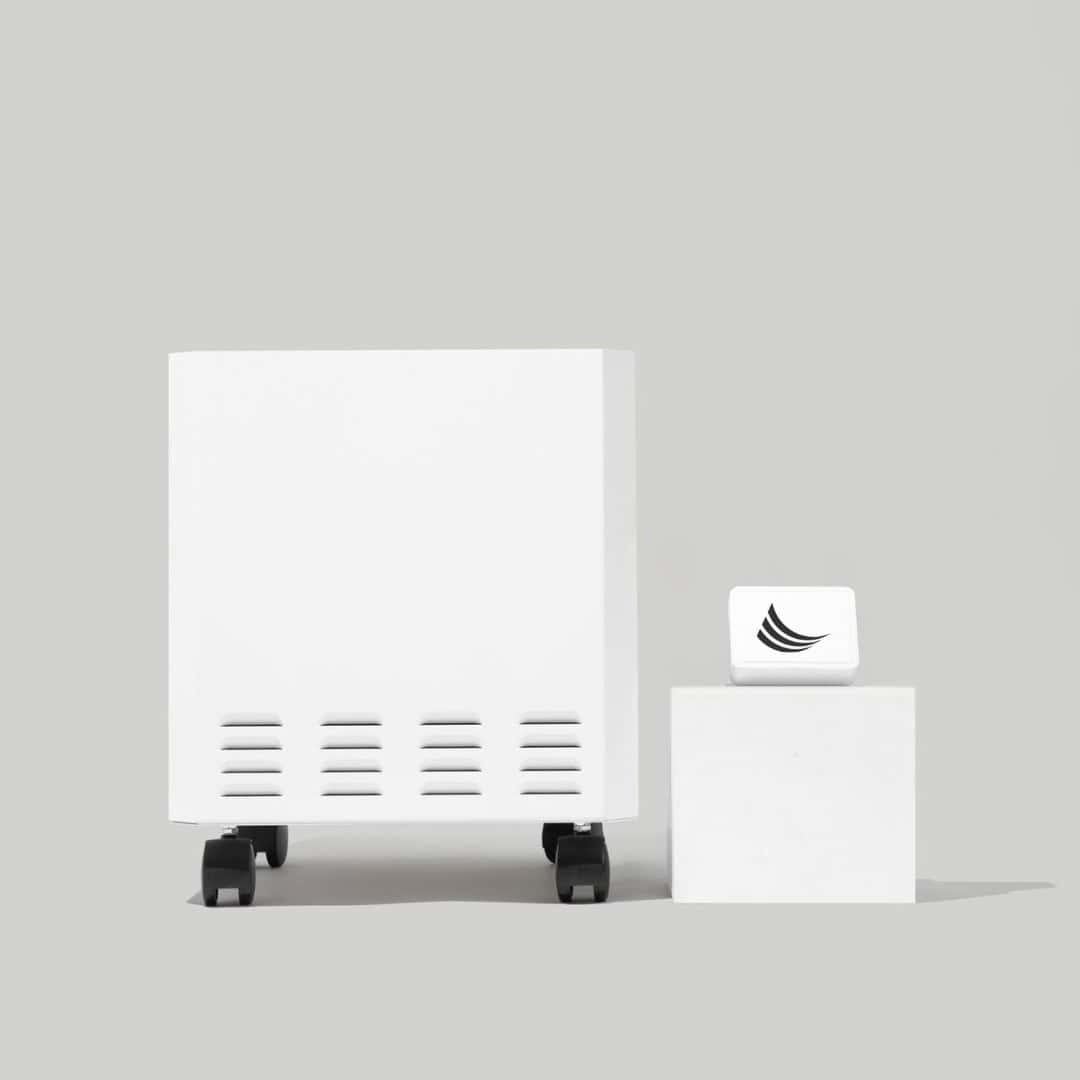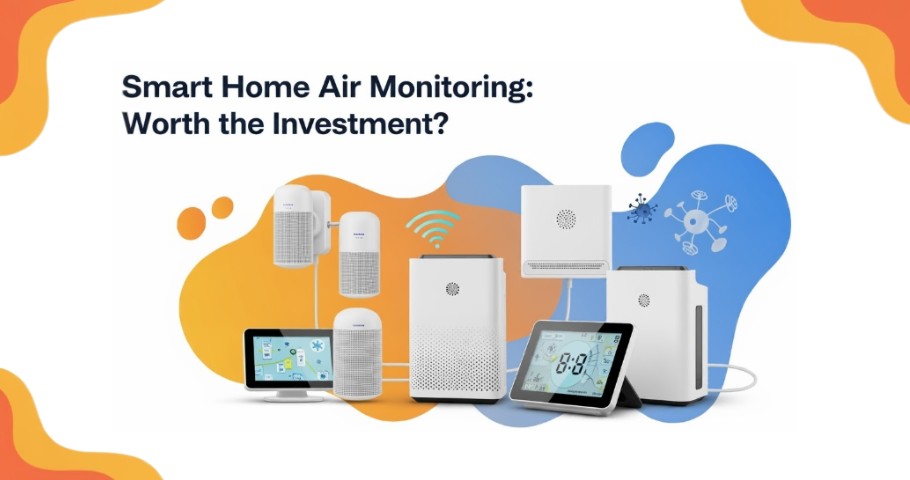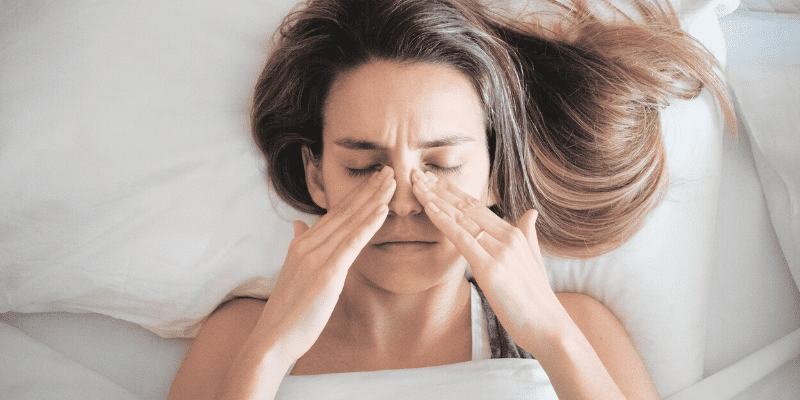When you lay your head down at night to go to sleep, you may have started to experience symptoms that will similarly be related to that of allergies. If you are an individual that suffers from allergies, then the symptoms that are associated with this condition can heighten sporadically as the conditions in the environment such as certain allergens, seasons, or even supposedly times of day can impact the severity of these allergy symptoms. Seasonal allergies are the time of the year where those individuals with allergies may deal with the worst bout of allergy symptoms, however, recently there have become a lot of debate surrounding nighttime allergies and if this time of day will elicit more severe allergy symptoms for those allergy sufferers.
Nighttime allergies have become another identifiable allergy term similar to that of seasonal allergies, but there is less understanding around this allergy term. Will everybody experience nighttime allergies, what are the symptoms that come with nighttime allergies, and is nighttime allergies a fallacy or is this something that many allergy sufferers really deal with during this time of the day?
In this article we are going to discuss are allergies worse at night indoors, the difference between allergy symptoms and nighttime allergies, and learn the best methods to integrate into your home to minimize the impact of nighttime allergies in your indoor environment.
What are Nighttime Allergies?
Have you recently noticed that allergies are keeping you awake at night? If so, then this may be a direct correlation with allergies, and not just any kind of allergies but nighttime allergies. According to WebMD, in one study found that nearly 50% of patients with allergies said that they experienced nasal congestion and other allergy symptoms woke them up at night and also made it more difficult for them to fall asleep. These nighttime allergies are a direct result of exposure to allergens that are present in the bedroom which can lead to some of the most powerful symptoms during the day. One of the biggest allergens that causes nighttime allergies is that of dust mites – the small, microscopic, spider-like bugs that will fester and thrive on the dead skin cells present in your bed sheets.
To better understand nighttime allergies, it is necessary to break down the reason behind why an individual will experience allergy symptoms and how these symptoms form inside the human body. Allergies take place inside the human body when your immune system reacts to a foreign substance – such as pollen, dust, dust mites, pet dander, etc. – and as this allergen makes its way into the human body through inhalation or ingestion it will reach the immune system. The immune system will react to this allergen and identify it as a foreign invader, and in response it will release substances known as antibodies into the body. Antibodies are only produced when your immune system identifies a threat that can be harmful to the body and thus when this antibody is released it will elicit the allergy symptoms to occur such as inflammation of the skin, sinuses, airways, or digestive system.
Why Do People Get Allergies
When it comes to allergies and those individuals that will develop and suffer from this condition, there can be several factors that will play a role in this progression of allergies. Some people will contain a high degree of sensitivity to allergies and this can be genetic – which in most cases will be the culprit behind a person’s allergies. Allergies, or hay fever can affect over 400 million individuals globally and thus this condition can be one of the most heavily dealt with health issue. According to the World Allergy Organization (WAO) they stated that the prevalence of allergic diseases worldwide is rising dramatically in both developed and developing countries.
These allergens, or molecules will contain the potential to cause allergies in those individuals who have sensitivities to these allergens. Allergens can form and be produced from trees, food, mold, dust mites, animals, etc. Some individuals will be allergic to specific allergens more so than others; therefore, the severity of the allergies can vary based on exposure to these different allergen types.
How Long Do Allergies Last
The duration of your allergy symptoms can vary depending on the level of allergen exposure, the type of allergens in the environment, and the severity of an individual’s allergies. Thus, these multiple factors will make it very difficult to determine exactly how long allergies will last in the human body. Additionally, when it comes to determining if its allergy symptoms that you are experiencing or other illnesses such as a cold can be another hurdle – as they will have very similar symptoms as one another which makes it hard to determine which one is occurring inside your body. The Cleveland Clinic stated that when it comes to the differences between a cold or allergy symptoms, generally a cold symptoms will take place for a certain duration of times, from 7 to 10 days, whereas allergy symptoms will continue and progress for as long as you are exposed to these allergens.
When it comes to allergies, especially nighttime allergies that you are dealing with inside of your home the persisting allergens in this indoor space will be difficult to identify and remove from the environment. As we discussed previously, usually the key culprit behind nighttime allergies is that of dust mites, and therefore if you begin to experience significant nighttime allergies while sleeping it may be necessary to do a deep cleaning of this space to try to mitigate and eliminate these allergens from the indoor space of your home, or bedroom.
Why Does My Allergies Get Worse at Night?
The severity of your allergies may steadily progress as it gets later in the day, or nighttime and this can be due to many factors or conditions within your home, especially your bedroom. No matter what type of allergy you have it can potentially ruin your sleep and disrupt your health. Whether it be dust mites, pet dander, pollen, or indoor mold growth, all of these allergens can be produced and elicit into the air space of a home and ultimately will have a significant impact on an individual who suffers from allergies – and can even be the cause behind nighttime allergies. Below we are going to discuss these various allergens that are the main culprits behind nighttime allergies that will lead to disrupted health and sleeping at night.
Dust mite allergies are an allergen that will affect both those allergy and asthma sufferers. Dust mites are a household mite that are found in association with dust, and these microscopic creatures will resemble small bugs that will not leave bites on your skin. These allergens will prefer carpeting, some furniture, and bedding to live in because of the conditions on these surfaces such as dead skin that has been shed from individuals that come into contact with these surfaces. Dust mites are one of the main reasons for your bedroom’s high allergen levels and will contribute to the aggravation and progression of nighttime allergies.
- Pet Dander: If you have household pets in your home, then pet dander may be another contributor to higher allergen levels in this space that will affect your nighttime allergies. Dander can travel and land on household items and surfaces and this will accumulate and progress those allergy symptoms, including nighttime allergies, in those sensitive people who are occupying this indoor space.
One of the most well-known outdoor allergens, pollen affects millions of people in the United States, provoking allergy symptoms upon exposure. Pollen can travel in the air and will move from outdoor spaces to indoor environments like your home. When pollen particles settle onto your skin, your hair, your clothes, your shoes, or even on your household animals it will allow for the pollutants to invade the indoor air space and affect those individuals with allergies. Therefore, it is important to wash your clothes, take a shower, and remove pollen from the surfaces in your home, especially your bedroom that may be impacting your nighttime allergies.
Mold and mildew growth indoors can be another allergen source inside of your home, as many people will have an allergic response to mold in the environment. If your bedroom is close to a bathroom or connected to this space, then mold may be a major issue for your bedroom air space, since mold grows and thrives where moisture is present like in a bathroom. Mold will produce mold spores into the air which are tiny reproductive seeds that will float in the air and when exposure occurs in individuals with allergies it will provoke an allergic response. Thus, it is important to find and remove mold as quickly as possible when you see it growing in your home.
Night Allergies Symptoms
Nighttime allergies can present a variety of reactions, irritation, and symptoms that will be unique depending on the person and the allergens they are exposed to in their personal indoor environment. Your symptoms can be worse at night due to the high level of allergens that may be brewing and developing in your bedroom, such as dust, dust mites, and pet dander. When it comes to allergy symptoms associated with nighttime allergies, they will be very similar to the generic symptoms an individual will experience from allergies such as sneezing, coughing, irritated eyes, fatigue, stuffy nose, nasal congestion, etc. However, when it comes to nighttime allergies, the allergy symptoms can occur in conjunction with sleep apnea – obstructive sleep apnea is a form of sleep apnea associated with allergies, according to the Carolina Asthma & Allergy Center.
The Carolina Asthma & Allergy Center found that you can have nighttime allergies, as well as sleep apnea without even knowing it, which can influence health symptoms. The additional symptoms that a person may experience with their nighttime allergies can include the following;
- Constant exhaustion
- Choking or gasping during the night
- Snoring
- Restlessness
- Night sweating
- Mood changes
- Morning aches
- Sore or dry throat in the morning
How to Deal with Allergies at Night Inside Your Bedroom
If you are sick of dealing with the struggle of nighttime allergies in your bedroom while you are sleeping, then it may be time to look for solutions and treatments that can be easily integrated into your indoor sleeping space to mitigate these allergens from the environment. Many individuals will try to perform deep cleaning of this indoor space as a ploy to aid in the mitigation of nighttime allergies, and this can help as allergens will settle on surfaces in the space such as linens, upholstery, flooring, counters, etc. However, cleaning the surfaces in your bedroom will only help to a certain extent, as the air of this space can contain a particularly alarming number of allergens which can be the driving force of your nighttime allergies.
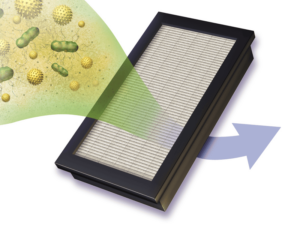 Air purifiers are revolutionary devices that can be easily placed within the indoor space of a home and will help to mitigate the allergens from the air that can be causing allergy flare ups, especially at night in your bedroom. When it comes to selecting an air purifier, there are many on the market that will all work in specific ways using various air filtration technologies such as carbon, ozone, ionizers, HEPA filters, etc. HEPA filters are among the best filtration method to use and deploy when it comes to the capturing and removal of allergens from the indoor air space of a home. HEPA filters are dense media filters that contain the capability to capture fine particulate matter within the strategically woven HEPA filter media, usually allowing the filter to capture microns as small as 0.3 microns in size.
Air purifiers are revolutionary devices that can be easily placed within the indoor space of a home and will help to mitigate the allergens from the air that can be causing allergy flare ups, especially at night in your bedroom. When it comes to selecting an air purifier, there are many on the market that will all work in specific ways using various air filtration technologies such as carbon, ozone, ionizers, HEPA filters, etc. HEPA filters are among the best filtration method to use and deploy when it comes to the capturing and removal of allergens from the indoor air space of a home. HEPA filters are dense media filters that contain the capability to capture fine particulate matter within the strategically woven HEPA filter media, usually allowing the filter to capture microns as small as 0.3 microns in size.
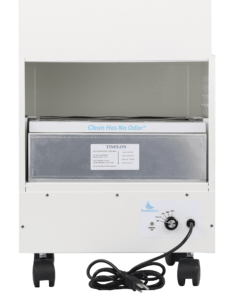 The EnviroKlenz Air Purifier is a great option when it comes to finding a portable, effective, air filtration solution for your home – due to its comprehensive two-stage filtration process. EnviroKlenz contains a proprietary earth mineral technology that works to capture, contain, and neutralize a broad spectrum of noxious and toxic chemicals and odors from the air space, as it is integrated within an air filter used as the first stage of filtration in the EnviroKlenz Air Purifier. The second stage of filtration is a hospital-grade HEPA filter for fine particulate removal, specifically allergens in the air such as dust, dust mites, pet dander, mold, etc. The HEPA filter will allow for allergens and other particulate matter that are larger than 0.3 microns in size to be captured and removed from the air with a 99.99 percent efficiency. Therefore, making the EnviroKlenz Air Purifier a great solution to add to your bedroom to mitigate nighttime allergy symptoms from these individuals who suffer from this condition at night in their home.
The EnviroKlenz Air Purifier is a great option when it comes to finding a portable, effective, air filtration solution for your home – due to its comprehensive two-stage filtration process. EnviroKlenz contains a proprietary earth mineral technology that works to capture, contain, and neutralize a broad spectrum of noxious and toxic chemicals and odors from the air space, as it is integrated within an air filter used as the first stage of filtration in the EnviroKlenz Air Purifier. The second stage of filtration is a hospital-grade HEPA filter for fine particulate removal, specifically allergens in the air such as dust, dust mites, pet dander, mold, etc. The HEPA filter will allow for allergens and other particulate matter that are larger than 0.3 microns in size to be captured and removed from the air with a 99.99 percent efficiency. Therefore, making the EnviroKlenz Air Purifier a great solution to add to your bedroom to mitigate nighttime allergy symptoms from these individuals who suffer from this condition at night in their home.
Article Sources:
Mobile Air System
✓ Patented earth mineral technology works to attack VOCs and break them down on a compound level
✓ No chemicals or masking agents
✓ Will not release any chemicals back into your environment
✓ Safer and faster at removing VOC’s than traditional carbon filters and PECO air purifiers
